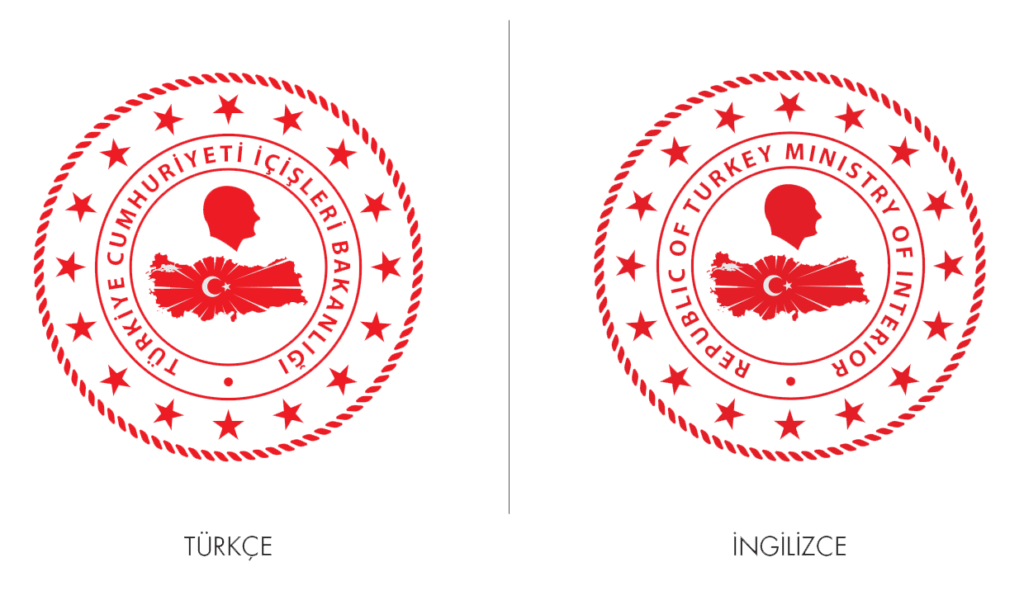An apostille is a certification that verifies the authenticity of a document and enables it to be legally recognized in other countries. This type of certification is often required when an individual needs to use foreign documents, such as birth certificates or marriage certificates, in Turkey. To use apostilled documents in Turkey, they must first be translated into Turkish. This can be done through professional or government-approved translation services, which are widely available in major cities and may also offer online services. Next, the translated document must be notarized by a licensed professional, known as a notary public, who is responsible for verifying the authenticity of legal documents.
Notaries can be found in most cities throughout the country and are typically located in legal or financial service offices. After translation and notarization, the document can be used in Turkey. However, it is important to note that the use of the document may be limited to specific purposes or transactions. For example, a foreign birth certificate may be accepted as proof of identity but may not be accepted as a legal document for marriage or divorce proceedings. If a foreign document does not have an apostille, it can still be used in Turkey, but the process is more complex.
The document must first be stamped with a consular stamp by the Turkish consulate in the country where it was issued or by the foreign country’s embassy in Turkey. This is known as consular legalization. After consular legalization, the document must be translated into Turkish, notarized, and approved by the District Governor’s Office (Kaymakamlık) in Turkey, a process known as “kaymakamlık approval.” In summary, apostilled documents from foreign authorities can be used in Turkey after translation and notarization. Foreign documents without an apostille can also be used in Turkey, but the process is more complex and includes additional steps such as consular legalization, translation, notarization, and kaymakamlık approval. It’s essential to keep in mind that the use of foreign documents in Turkey may be restricted to certain purposes or transactions.




